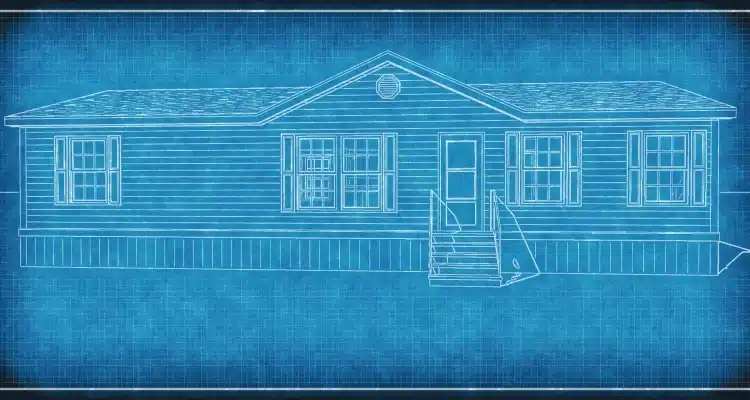With summer temperatures reaching 100°, energy costs are rising; and summers are getting hotter and hotter. We hope these tips will help keep you cool. “No matter what the weather, Tri County makes it better.”
-
Does your mobile home have aluminum siding?
- Aluminum siding’s indestructability is very appealing, however, it creates a hot box
- Aluminum siding it lets heat in but doesn’t let it out.
- Fiber cement or vinyl sliding are alternatives to aluminum siding.
-
Apply window film to the inside of your windows
- This blocks some of the heat from the sun
- Added bonus: It provides privacy
-
Install ceiling fans
- Ceiling fans help circulate air which will create a more even temperature in each room
-
Be sure to call Tri County, a licensed, bonded, and insured company to have your unit serviced
- Services include but are not limited to the following:
- Inspection
- Cleaning
- Tune-Up
- Filter Change
- Services include but are not limited to the following:
-
Don’t put heat producing products (lamps, TVs, appliances) by your thermostat
- The thermostat detects the heat from the appliance or light and runs longer than it needs to
- When installing a new thermostat, try to install it away from a location in direct sunlight
-
Older, outdated air conditioning models run less efficiency.
- Tri County can help you choose a unit properly sized for your home.
-
Rock, cement, or asphalt landscaping on the south and west sides of your home radiate heat increasing the temperature.
- Be sure to remember this tip when choosing how to landscape your yard.
-
Speaking of landscaping, plants, shrubs, etc., should be between 2 and 4 feet away from the outdoor unit to maintain adequate airflow.
-
Florida is notorious for its humidity which can affect how efficiently your outdoor unit runs
- Air conditioning must take moisture out of the air to produce cooler air so it’s important to seal any air leaks.
- Also, be sure your mobile home has a plastic ground-moisture barrier to avoid moisture mitigation from the ground

